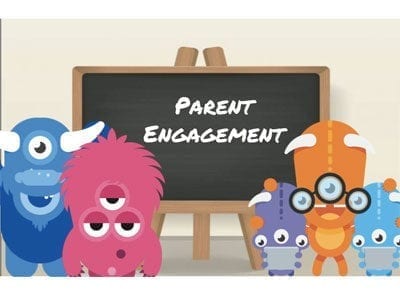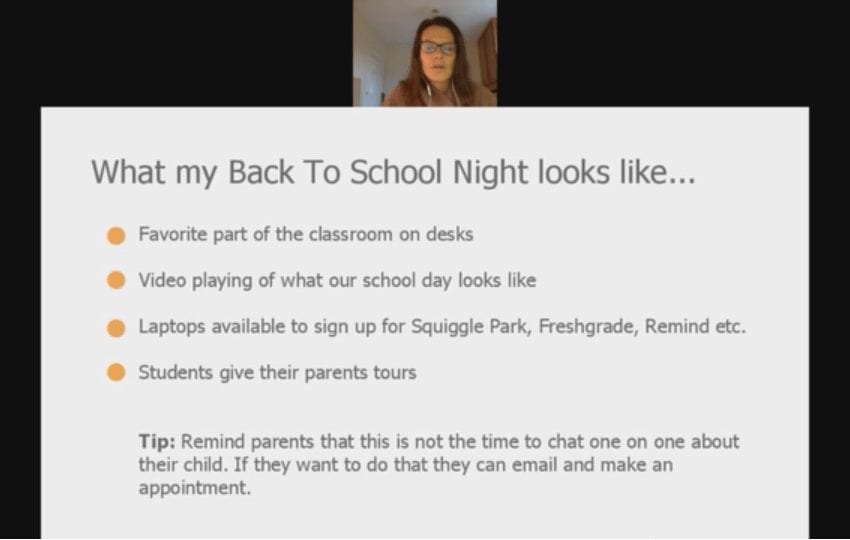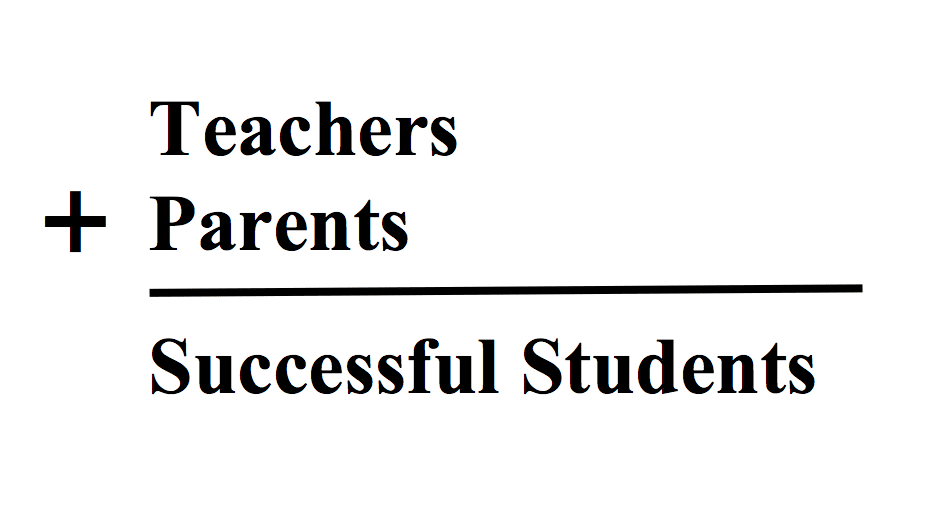Improving Parent Engagement for Student Success
Parent engagement in their child’s education is key to successful growth, but consistently engaging parents is at the top of the list of teacher frustration. Teachers must establish communication with parents by figuring out what works best for them and showing that they are a team when it comes to their child. Sarah M. Rich, Lead Teacher Champion at Squiggle Park, presented creative ideas from her own experience building parent engagement in “Finally, A Guide to Parent Engagement That Works Every Time!”
Making home visits at the beginning of the year can help to build early relationships with families. Not only do these visits tell the parents that you’re going to be working together for the success of their child, but they can also provide insight on the different cultures and home lives of your students. Sending surveys to parents at the beginning of the year also helps with getting to know each family. Sarah includes topics in her surveys ranging from how parents can contribute throughout the school year, to what does their child struggle with, to what do they want most for their child this year. “Teachers plus parents equals successful students. I want to make sure that the parents understand that I recognize that from the very beginning of the school year,” she said.
On Back-to-School night, Sarah and her students create a simple video to play on loop, which explains the school day to parents. She decided to use video upon realizing that listening to her present was inefficient for parents who had to come late or leave early. She also noted that keeping the video short and simple allows her to still have conversations throughout the night. During parent-teacher conferences, parents should feel that the meeting is personalized for them, and that you know their child well. She recommended including in the meetings work samples, any data that shows improvement or areas to focus on, and something the parent can work on at home with their child.
One of Sarah’s top tips for engaging parents is to create short videos of tough concepts to prepare them to help their child at home. If a child is struggling with a concept, you can record a short lesson with the child to explain to parents how they’re being taught. Other videos to create for home include your class collaborating on a project, app recommendations families might find useful, or having an early-finisher make a video reviewing the assignment. Sarah noted that since she has improved her communication she has received more feedback from parents, which continues to improve her overall interaction with parents.
This broadcast was hosted by edWeb.net and sponsored by Squiggle Park.
This article was modified and published by eSchool News.
About the Presenter
Sarah Rich was a founding faculty member at Paul Cuffee School in Rhode Island and a teacher of 17 years. She graduated from the Highlander Institute’s Fuse RI Fellowship Program. Sarah coaches teachers and works with administration internationally, making blended personalized learning available to schools. Sarah uses a flipped learning model with playlists. Her strengths include management in a 21st century classroom, parent engagement, and data analysis. She now is lead teacher at Squiggle Park. Follow her on Twitter @edtechSAE.
Join the Community
Creating a Positive School Climate is a free professional learning community that provides all education stakeholders with a place to collaborate on improving the learning environments of our schools to make them safe places for all students to reach their full potential.

Children aged 4-7 enter a magical world where books come to life as they demonstrate a combination of reading skill accuracy, speed and context. As our game progress, the frequency of skills introduced adapts to the strengths and weaknesses of each child, reinforcing mastery.
Built for teachers to use in their PreK-2 classrooms or at home to reinforce curriculum through play. It’s simple, and it works.





Comments are closed.